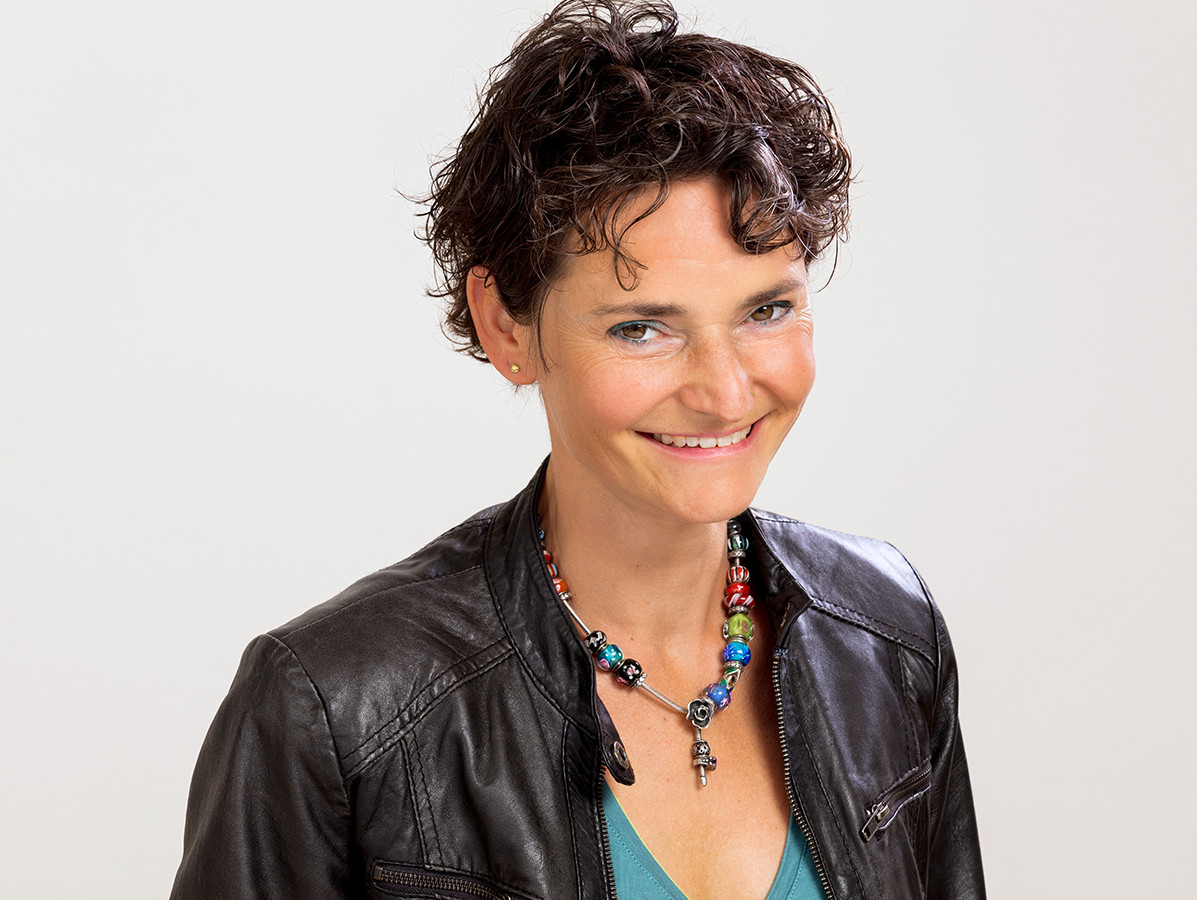
King's Day 2020. No strange junk on markets and no ridiculous sales pitch about how functional those broken things are. No live music. No overcrowded terraces. No bratwurst or hamburgers from a shady stand on the square. No being afraid to be knocked down by diarrhea the next day. That was a positive point. Also no complaints from the NVWA this year about a shocking lack of food safety measures.
In fact: hygiene is the number one issue these weeks. The new measures are now a given for everyone: we wash our hands, disinfect shopping trolleys and doorknobs, sneeze in our elbows and walk around each other with a big bow. Some people even start to freak out a bit, I notice; they don't get a corona, but they do get fear of contamination and agoraphobia.
Fear is a bad advisor. A healthy dose of distrust, on the other hand, can be quite useful. At a flea market for instance ( and truly, they'll come again, even if it might take a while) you know you should'nt take the vendors too seriously. But in the supermarket we don't want to be tricked, never. Nor, in fact, do we want to be deceived and defrauded in the purchase of our raw materials, whether or not this directly endangers food safety.
Manufacturers must stop misleading', the Consumers' Association reported at the end of April. The union states that there are still too many manufacturers who mislead consumers by calling their product 'wholemeal', while only part of the flour used is wholemeal.
Why is this harmful? We don't get sick of it, do we? Yes, it does. Because it damages consumer confidence. Lack of trust is food for fear. Consumers must be able to trust that what they buy and eat is safe. That it is exactly what they think it is; based on the visible information on the packaging.
The articles in this edition show that food safety, honesty and trust go hand in hand (even if the latter is not officially allowed now, in times of corona).
Judith Witte
Source: © Vakblad Voedingsindustrie 2020